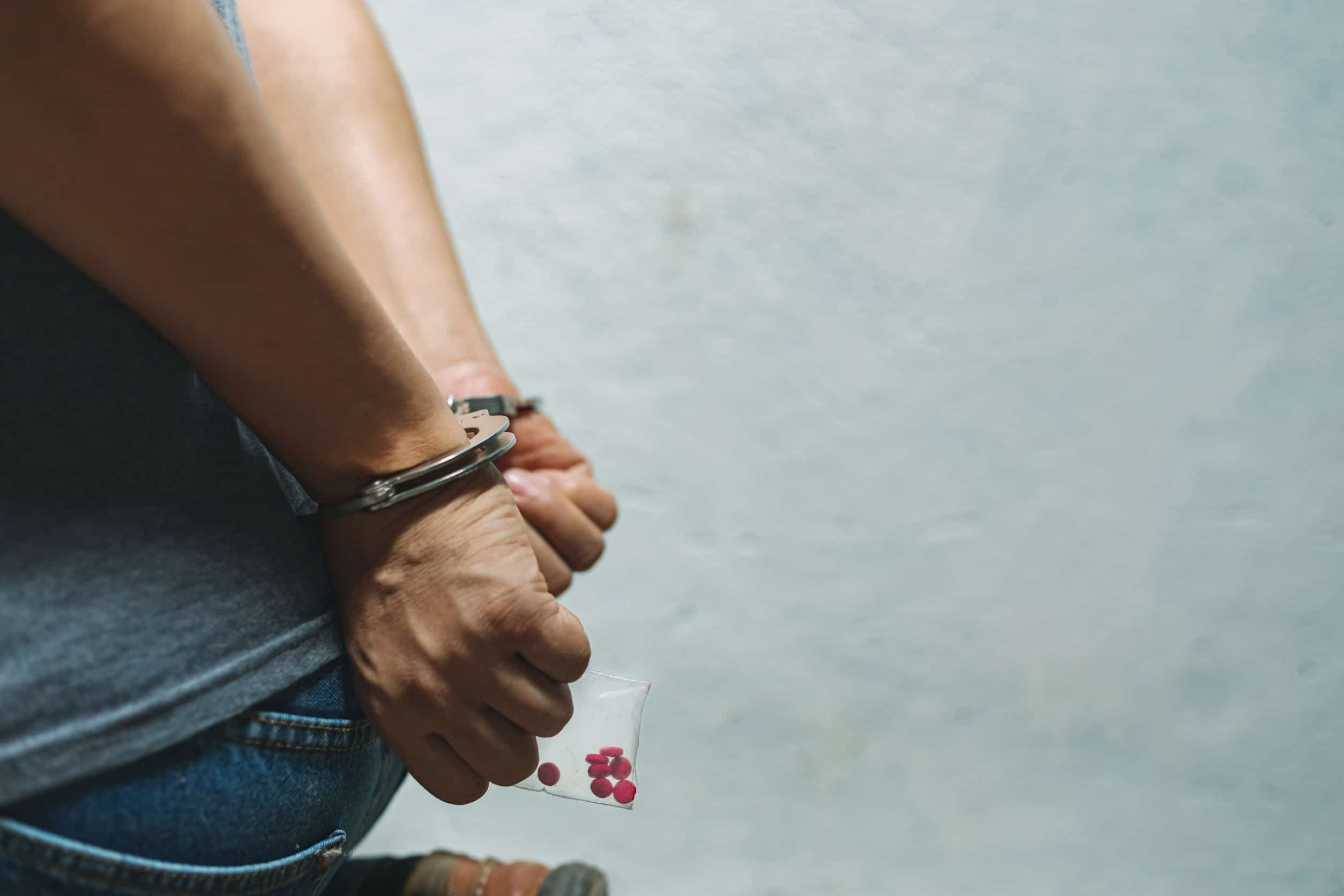In the 1980s, many states – including Colorado – created legislation that began to enhance sentencing for certain drug crimes based on where the crimes were committed. It is the birth of this type of legislation that gave us Drug-Free Zones.
The idea behind Drug-Free Zones is to discourage the commission of crimes in places where children are more likely to be present, such as schools. However, Colorado doesn’t simply limit the zones to areas around schools – which is why it’s important to understand what Drug-Free Zones are and how they can potentially impact a criminal conviction.
Here’s what you need to know about Drug-Free Zones in Colorado and the penalties that are associated with committing crimes in these zones.
What Is a Drug-Free Zone in Colorado?
It’s important to understand that Drug-Free Zones may differ from state to state slightly, so what is true in Colorado may not be true in another state. You should always be familiar with the laws in any state where you reside when it comes to things like Drug-Free Zones.
In the state of Colorado, a Drug-Free Zone is much larger than you may find in other places. These facilities, in conjunction with the 1,000 feet surrounding them, are considered to be Drug-Free Zones:
- Public playgrounds and parks
- Private Schools
- Public Schools
- Vocational Schools
- Public Housing Developments
The Drug-Free Zone laws also extend to any vehicles that transport children to and from these places, including private homes.
So, school buses that pick up children from their private homes are also subject to Drug-Free Zone laws. If someone in a private home is hit with drug possession charges, and fall within the Drug-Free Zone, they would be subject to increased penalties.

Getting Charged in a Drug-Free Zone
If you commit a drug crime in a place that is designated as Drug-Free Zone, then you are referred to in the Colorado criminal justice system as a “special offender.” This special designation can enhance the penalties you face for your crimes if convicted.
If you do the following in a Drug-Free Zone, then you can face special charges and penalties:
- Sell
- Distribute
- Possess with the intent to distribute
- Attempt to manufacture a controlled substance
- Manufacture a controlled substance
In most cases, a level 1 drug felony is charged. A conviction of this crime can send you to prison for as much as 32 years. It may require you to be on parole for a minimum of three years once released from prison. You could also be required to pay fines of as much as $1 million.
If there are aggravating factors involved, such as current parole for another crime or a criminal history involving drug crimes, then you will face a minimum of 12 years in prison instead of eight.
Issues with Drug-Free Zones in Colorado
Not everyone is a fan of Drug-Free Zone laws in Colorado. In fact, opponents of these laws point out the flaws inherent in them.
In theory, no one would argue that reducing crime, especially drug crimes, in a place where children are present is a bad idea. However, the real-world application of these laws means that large areas in cities are designated as these Drug-Free Zones – which opens people up to the enhanced penalties even if they commit the crime in their own private dwellings.
Also, it doesn’t seem as if the Drug-Free Zone laws have greatly impacted the rates at which these crimes are committed in the zones. When most of a city is considered a Drug Free Zone, crime inevitably happens within them. And it follows that a defendant will face enhanced sentencing and designation as a special offender.

This all seems to add up to be a large contributor to the large problem the United States faces in the overcrowding of prisons. The bill gets passed on to taxpayers to support all the people currently incarcerated for long sentences due to the Drug-Free Zone laws.
It’s also important to add that these laws seem to disproportionally impact people of a lower socioeconomic class and also include a large racial disparity. That’s why you see a lot of increased scrutiny around Drug-Free Zones, questioning if these statutes actually help the community or hurt it.
If you’re facing drug crime charges in Colorado, then you need to understand the charges against you, what you face, and what your rights are. That’s why an experienced attorney on your side is vital.
About the Author:
Kimberly Diego is a criminal defense attorney in Denver practicing at The Law Office of Kimberly Diego. She obtained her undergraduate degree from Georgetown University and her law degree at the University of Colorado. She was named one of Super Lawyers’ “Rising Stars of 2012 & 2019” and a “Top 100 Trial Lawyers in Colorado” for 2012-2020 by The National Trial Lawyers. Both honors are limited to a small percentage of practicing attorneys in each state. Additionally, Expertise names her to its lists of the 25 Best Denver DUI Lawyers and 21 Best Denver Criminal Defense Lawyers, both in 2020. Ms. Diego has also been recognized for her work in domestic violence cases.





